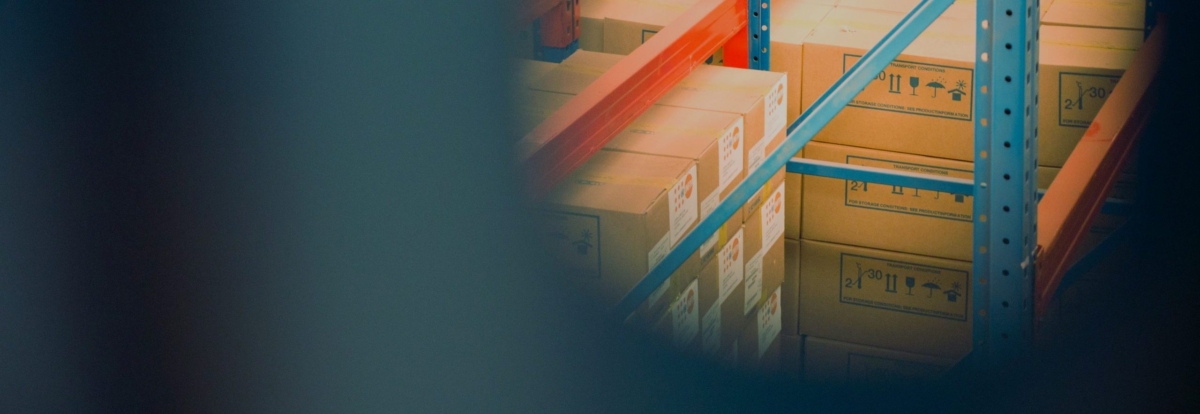The global pandemic has demonstrated that resilient global supply chains that protect both the people and planet will be crucial to companies and economic recovery in the future. From forced labour, to corruption in environmental protection we see new scandals emerging all the time, but effective mandatory due diligence by companies can help reduce these risks.
Last year, the European Commission announced it would introduce a legislative initiative this year on mandatory due diligence. It followed this announcement with a public consultation, to which we submitted a response to feed in to the legislative proposal that is expected to be published in June. In addition, last month the European Parliament passed a legislative initiative report on the same topic. This legislation would require companies operating in the EU to ‘identify, address and remedy their impact on human rights and the environment throughout their value chain’.
Human rights abuses and environmental degradation in the name of profit is unacceptable, so it is extremely important that any new legislation also tackles one of the root causes of these problems: corruption.
It is for this reason that Transparency International EU and Global Witness have called upon Professor Olivier De Schutter to provide a legal opinion for including anti-corruption in the scope of the upcoming EU legislation.
In his analysis, Professor De Schutter determined that indeed, any proposed EU legislation on mandatory due diligence should require companies to adopt robust anti-corruption measures, and that it provides a unique opportunity for the EU to strengthen its anti-corruption framework more broadly.
The inclusion of anti-corruption in this file will also provide the chance to harmonise regulation across the EU 27. Currently, anti-corruption framework in the EU remains very patchy and uneven between countries, with only three countries imposing any ‘legal obligations on larger enterprises relating to the prevention and detection of corruption’ (France, Germany and Italy). This results in a distortion of competition in the internal market, as companies may avoid establishing their operations in EU Member States with stricter rules, such as those mentioned above.
Given the complex nature of 21st century supply chains, it is strikingly clear that an overarching approach needs to be taken, and this approach must cover corruption, which goes hand in hand with human rights and environmental abuse.
The European Parliament has already recognised anti-corruption measures in its own proposal, stating that rules should oblige companies to identify and remedy practices that ‘infringe on human rights (including social, trade union and labour rights), the environment (contributing to climate change or deforestation, for example) and good governance (such as corruption and bribery)’.
We now urge the European Commission to do the same to ensure the process results in effective, far-reaching and robust legislation.
The legal opinion of Professor De Schutte can be downloaded in full here.




